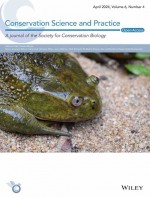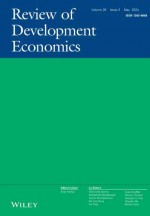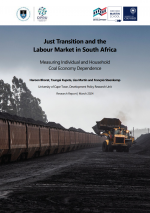Journal of Population Economics
Rahman, K.W. International migration and the religious schooling of children in the home country: evidence from Bangladesh. J Popul Econ 36, 1963–2005 (2023). https://doi.org/10.1007/s00148-022-00912-2
ViewThis paper investigates whether international migration increases the religious schooling of children in the home country. I find that migration by a household member from Bangladesh to a Muslim-majority country increases the likelihood that a male child in the household is sent to an Islamic school (madrasa). There is no significant impact on the likelihood of a male child’s madrasa enrollment if the household sends a member to a non-Muslim-majority country. Sending a household member abroad does not affect the likelihood of the household sending children to school at all; it only leads to reallocation toward Islamic schooling. The results are inconsistent with financial remittances underlying the effect of migration on religious schooling. Learning about the potential benefits of madrasa education may explain the results, but there are several weaknesses in the arguments in favor of this mechanism. A third potential mechanism is an increase in religiosity through migrants transferring religious preferences, but I cannot establish a causal relationship between international migration and migrant-sending households’ religiosity.




